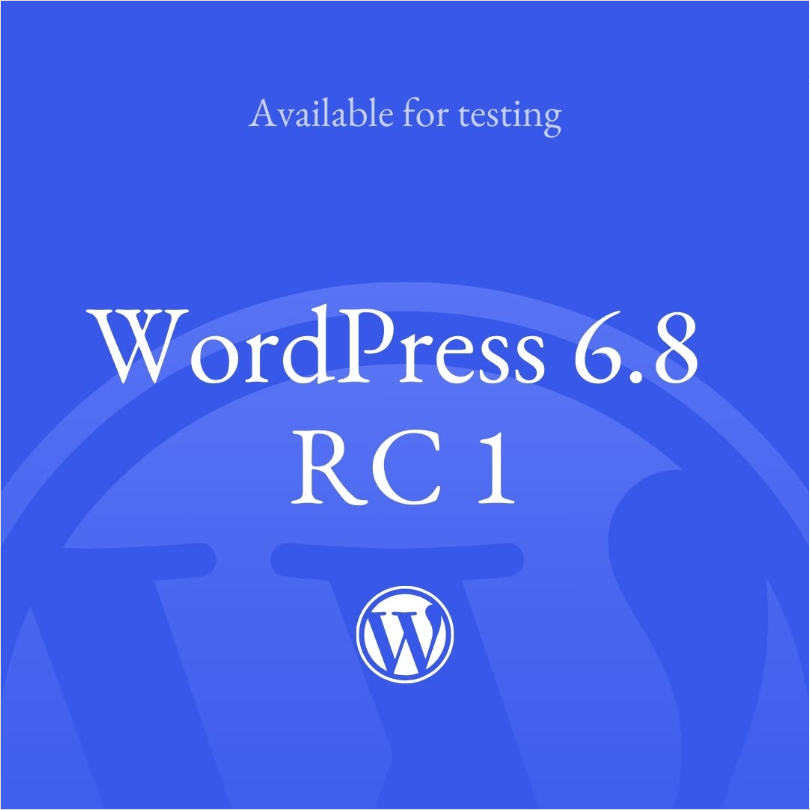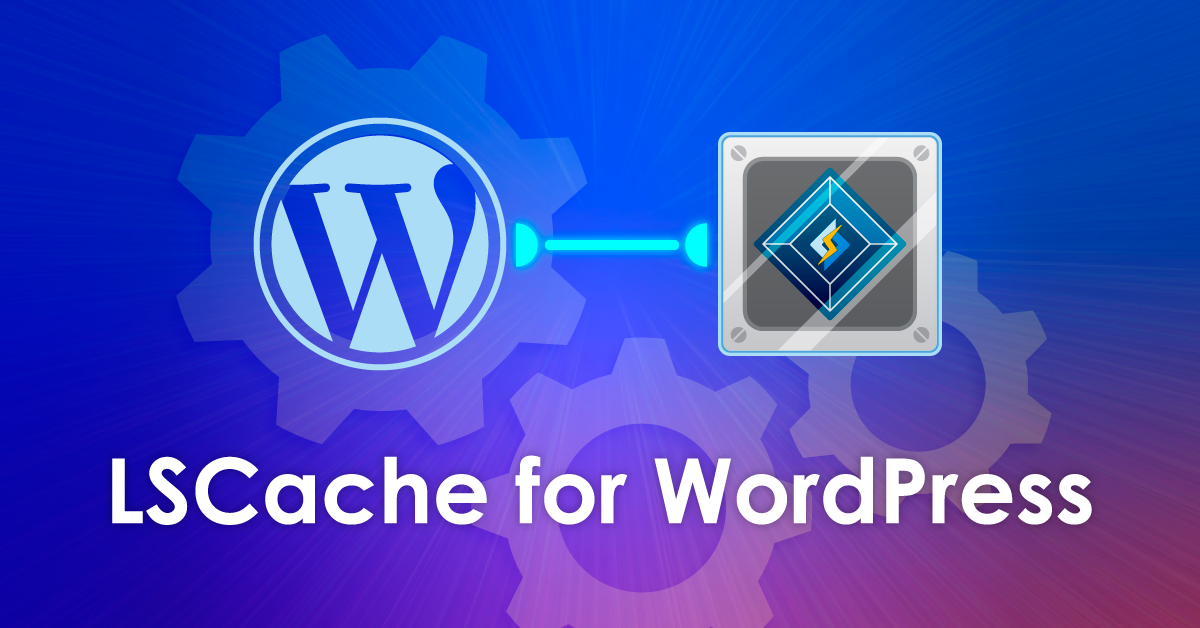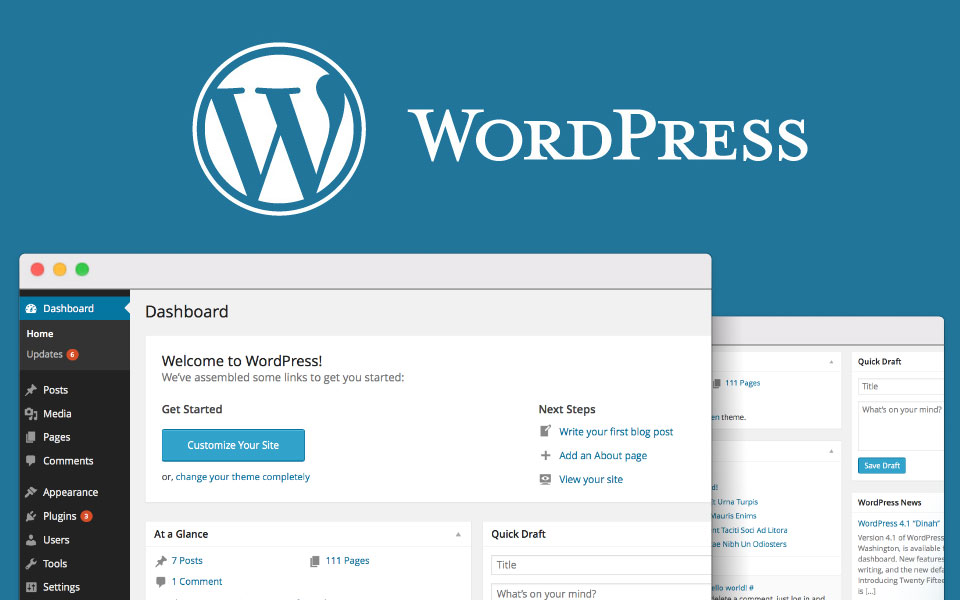advancement WordPress website performance whenHeartbeat API It's not usually the first part that gets noticed. It's mostly responsible in the background for auto-saving drafts, collaborative editing, and staying logged in, due to the fact that it regularly sends out AJAX requests, which can take up quite a bit of server resources when run frequently.
To control its behavior, a number of plugins are dedicated to regulating the frequency or range of Heartbeat. This article will walk you through a few of the major Heartbeat management plugins.
![Image [1]- WordPress Heartbeat Plugin Recommendations and Comparisons: A Must-See for Performance Optimization](http://gqxi.cn/wp-content/uploads/2025/07/20250721124852786-image.png)
First, why do you need Heartbeat control plugin?
WordPress Heartbeat Default Per
- Use shared hosting or light VPS(VPS)
- Multiple simultaneous background operations
- start using WooCommerce and other plug-ins that trigger frequent AJAX activity
- The backend of the site slows down significantly,PHP-FPM High utilization rate
Controlling the Heartbeat API with a specialized plugin can effectively reduce server stress while preserving critical functionality.
Comparison of Mainstream WP Heartbeat Plugins
1. Heartbeat Control by WP Rocket
Plugin Features:
- Control Heartbeat request frequency (15, 30, 60 seconds)
- Can be disabled by region (dashboard, post edit page, front end)
- Simple setup and high compatibility
![Image [2]-WordPress Heartbeat plugin recommendation and comparison: a must-see for performance optimization](http://gqxi.cn/wp-content/uploads/2025/07/20250721110714563-image.png)
Pros:
- Configuration is very intuitive for novice users
- Plugins are lightweight and stable
- Eases background resource utilization
Drawbacks:
- Functional core is more homogenous and lacks more detailed control options
Applicable Population:
- Users who want to simply set the request frequency and increase the speed of the backend
2. Asset CleanUp: Page Speed Booster
![Image [3]-WordPress Heartbeat Plugin Recommendations and Comparisons: A Must-See for Performance Optimization](http://gqxi.cn/wp-content/uploads/2025/07/20250721114340317-image.png)
Plugin Features:
- support for CSS/JavaScript File compression, merging, delayed loading
- Optimization of fonts and resource preloading
- Clean up embedded functions and redundant meta tags
Pros:
- Powerful visual control interface
- Compatible with multiple caching environments
Drawbacks:
- Some scenarios may conflict and compatibility issues may occur
Applicable Population:
- Intermediate to advanced webmasters and developers; people who want to improve performance but don't want to write code
3. Perfmatters(Paid plug-ins)
![Image [4]-WordPress Heartbeat plugin recommendation and comparison: a must-see for performance optimization](http://gqxi.cn/wp-content/uploads/2025/07/20250721111503251-image.png)
Plugin Features:
- Highly customizable Heartbeat controls (set individually per page)
- Powerful script manager (Script Manager)
- Supporting other optimizations such as delayed loading, resource streamlining, etc.
Pros:
- Extremely developer friendly with granular configuration of request behavior
- Excellent quality of plugin code and frequent updates
- Fine-grained control of page resources
Drawbacks:
- Chargeable plug-ins, starting price
$29.95/year There is no lifetime license. - Initial setup is a bit complicated and requires understanding what each option is used for
![Image [5]-WordPress Heartbeat plugin recommendations and comparisons: a must-see for performance optimization](http://gqxi.cn/wp-content/uploads/2025/07/20250721113053397-image.png)
Applicable Population:
- Users with high website performance requirements and a certain development background
WP Heartbeat Plugin Comparison Table
| Plug-in Name | Plug-in Features | vantage | drawbacks | population (esp. of a group of people) |
|---|---|---|---|---|
| Heartbeat Control by WP Rocket | - Control request frequency (15/30/60 seconds) - can be disabled by zone | - Simple setup and intuitive operation - Lightweight plug-in for good compatibility - Reduced resource usage | - Relatively single-function - lack of page-level control | Beginners, shared hosting webmasters, those who need to optimize quickly |
| Asset CleanUp: Page Speed Booster | - Compress/Merge/Delay CSS & JS- Preload fonts & resources- Clean up redundant tags | - Visual management of script resources - High compatibility with caching plug-ins | - Higher setup complexity - Possible conflicts in some plugin environments | Webmasters with some experience, content sites that need to be page-streamlined |
| Perfmatters(Paid) | - Individual control per page Heartbeat- Script Manager- Delayed loading and resource control | - High level of control granularity - Rich set of optimization functions - Frequent updates | - Paid Usage - Initial setup is a bit complicated, need to understand the functional items | High-performance sites, developers, professional optimization projects |
IV. Summary
WordPress The Heartbeat API can improve real-time functionality in the background, but too much frequency can slow down and increase the burden on the server. Using a plugin to control the frequency reduces the pressure and preserves the core functionality.
Want to quickly optimize your backend, recommend Heartbeat Control; need to streamline page resources at the same time, optional Asset CleanUp; for extreme performance, suitable for use PerfmattersThe
Link to this article:http://gqxi.cn/en/68899The article is copyrighted and must be reproduced with attribution.


























![Emoji[jingya]-Photonflux.com | Professional WordPress repair service, worldwide, rapid response](http://gqxi.cn/wp-content/themes/zibll/img/smilies/jingya.gif)






No comments